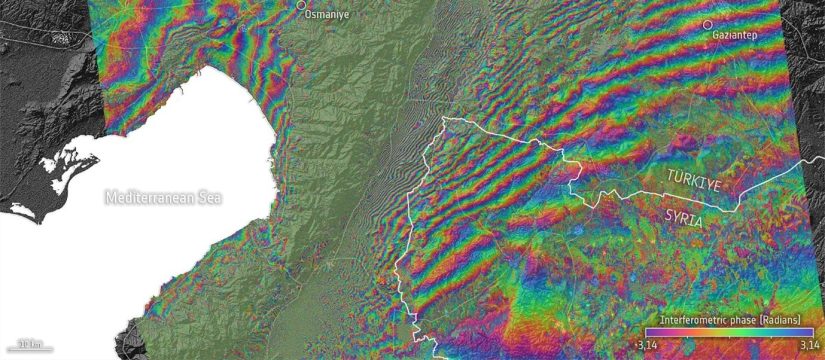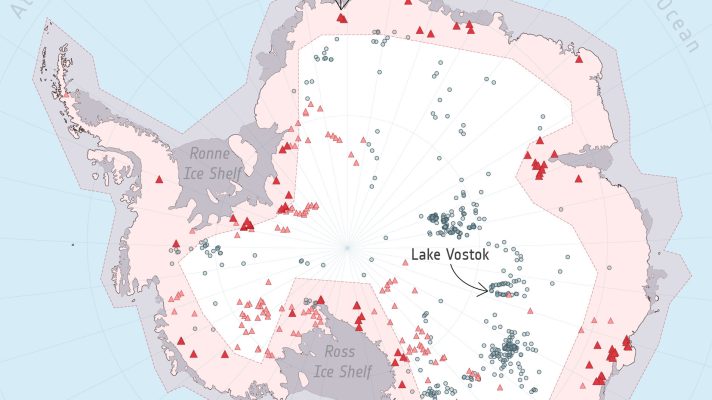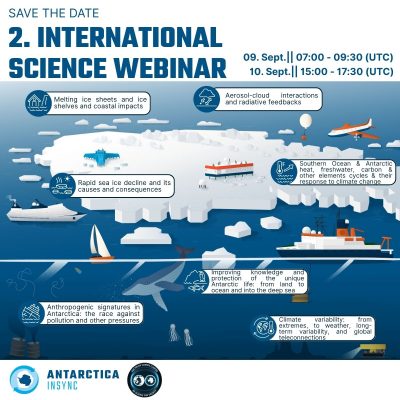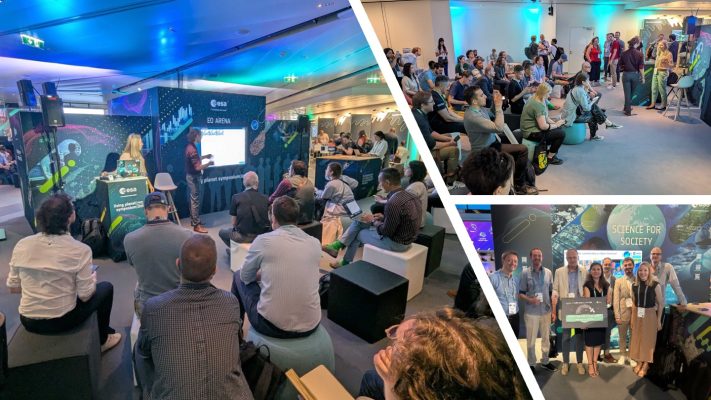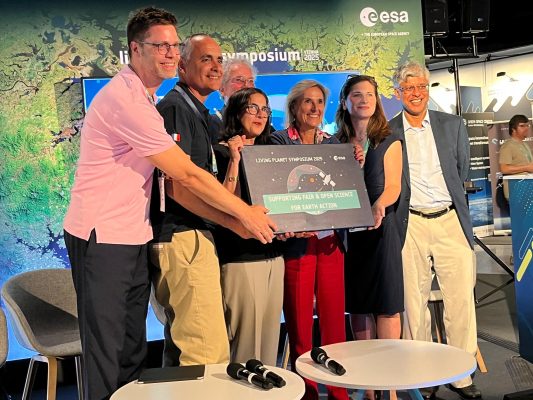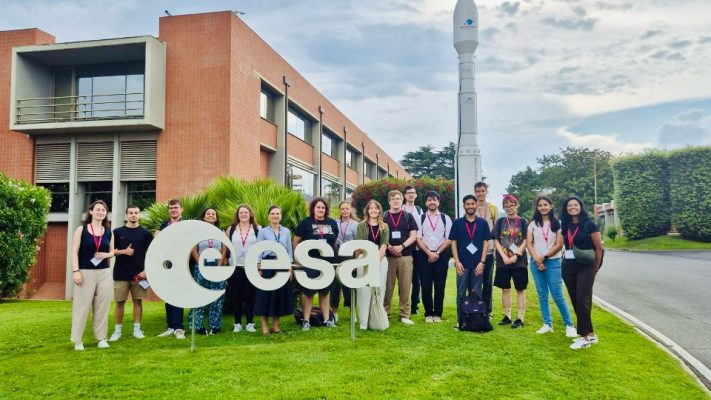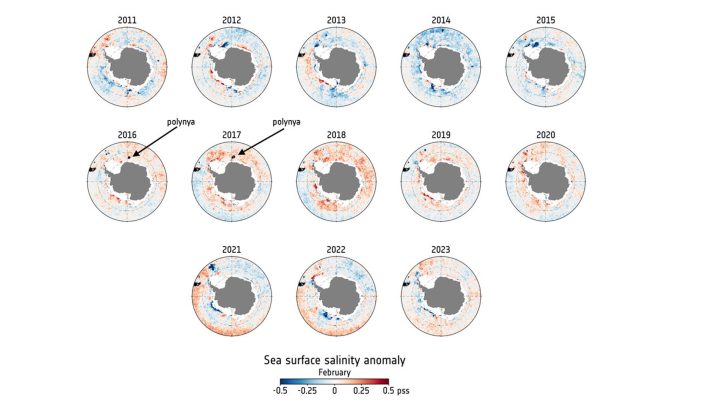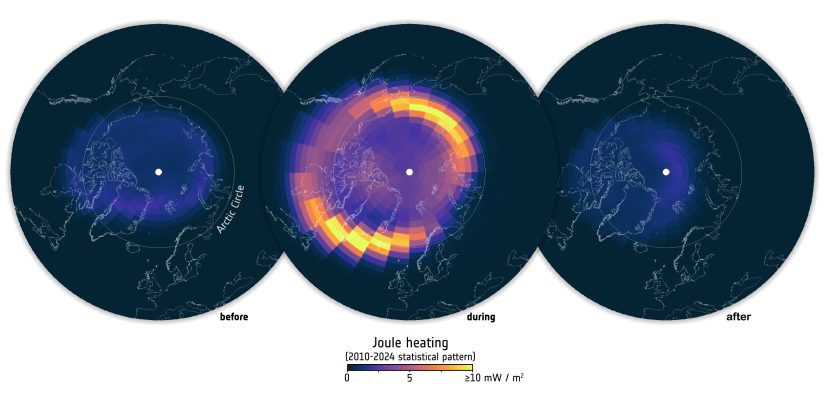Understanding the long-term impact of earthquakes on slopes
When the ground trembles during a powerful earthquake, the danger doesn’t end once the shaking stops. Hidden threats like landslides and floods often emerge later, putting lives and infrastructure at risk weeks, months, or even years after the main event. The knowledge gap Collapsed buildings and fast-moving landslides make headlines, but earthquakes destabilise …

